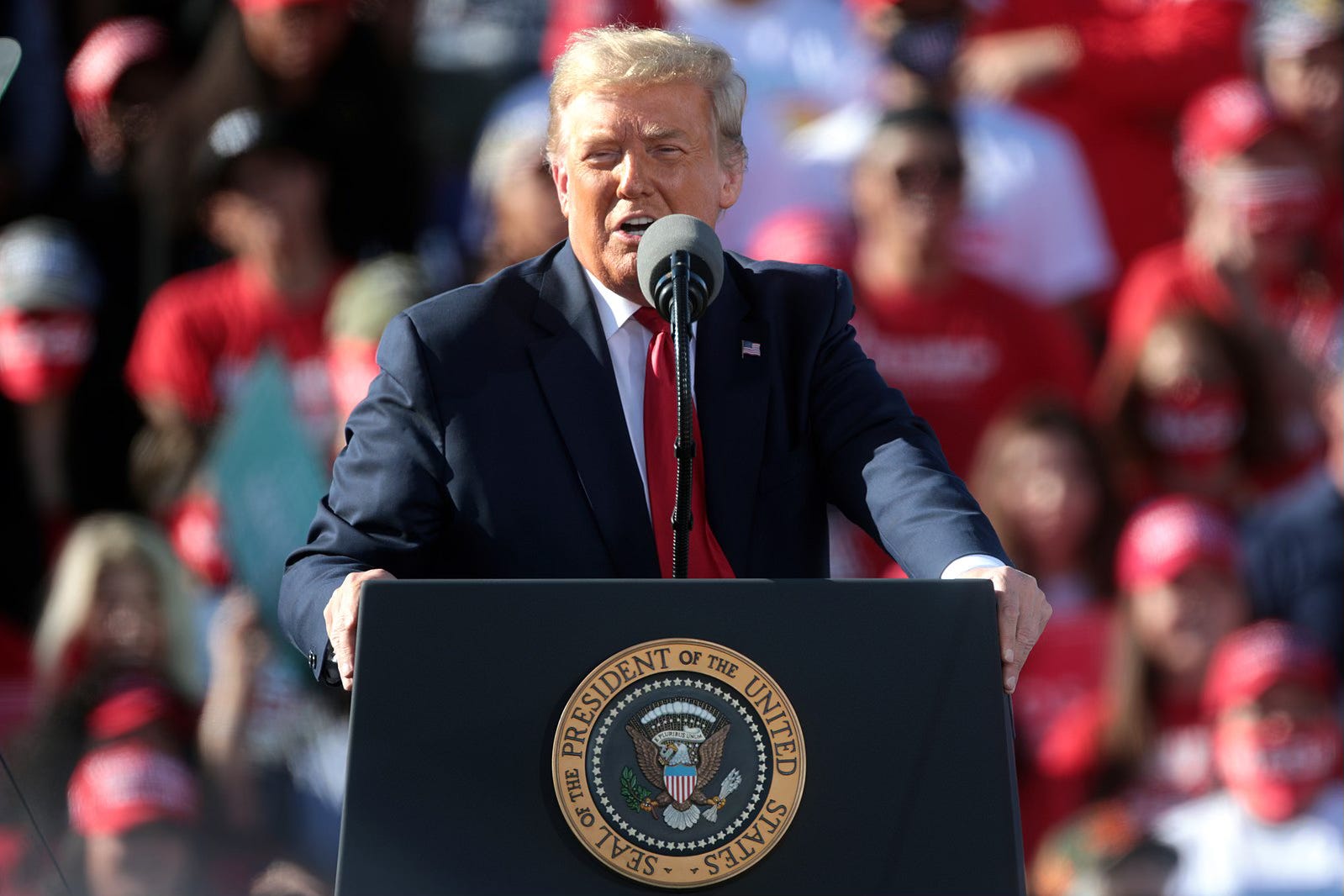How Donald Trump Won the 2024 Election
And analyzing how Kamala Harris lost

One could argue that 2016 was a fluke and 2020 was a reaction to the pandemic. But the 2024 election is different. It’s indicative of a different America. An America that Donald Trump won quite handily by expanding his base and likely winning the popular …
Keep reading with a 7-day free trial
Subscribe to PolisPandit to keep reading this post and get 7 days of free access to the full post archives.

